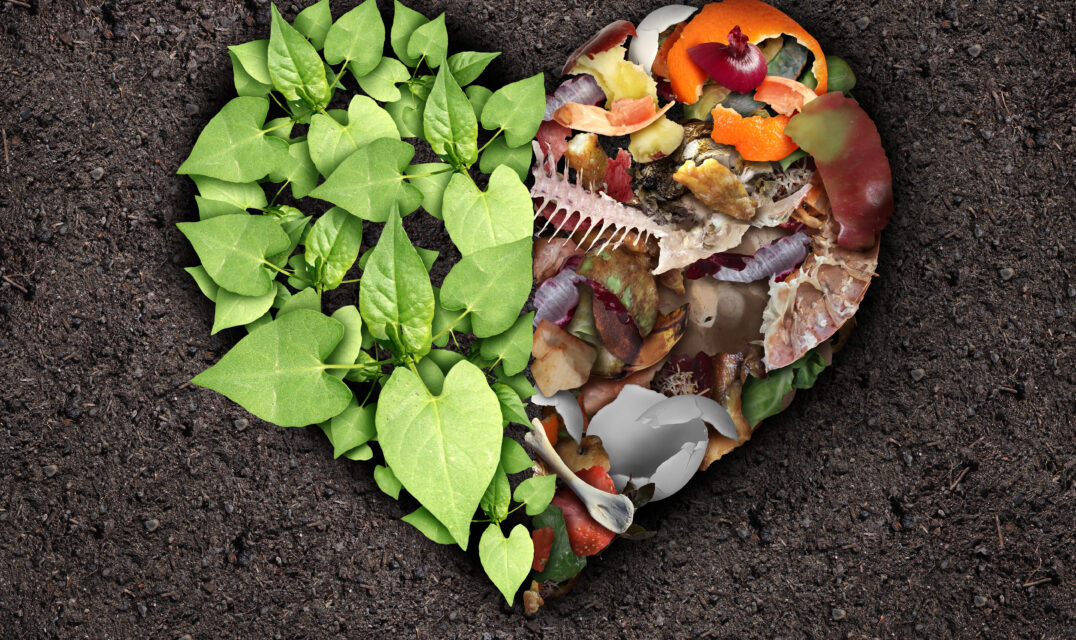Are you looking to use your brown bin more effectively? It’s great for more than just kitchen scraps! This guide gives you practical tips for using your bin in both the garden and the kitchen to help the environment.
Utilising your brown bin effectively helps reduce your carbon footprint. By segregating and composting garden and food waste, you contribute to a circular economy. Panda, for instance, transforms brown bin contents into energy and fertiliser, benefiting local farmers.
Making the Most of your Brown Bin:
Follow these easy tips to make the most of your brown bin and make a real difference to the environment.
- Eco-Friendly Garden Upkeep: Use your brown bin for composting organic materials like grass cuttings, fallen leaves, and old flowers.
- Smart Waste Handling: Be careful with what you put in your brown bin. Keep out plastics, including any containers or wraps, as they ruin the composting process. Instead, clean these plastics and recycle them. Check out our handy guide below to help with this.
- Mind the Manure: You can compost human and pet hair, but keep out all pet poo to avoid ruining your compost. This should go in your general waste bin.
- Proper Placement: Situate your brown wheelie bin in a shaded spot to keep it out of direct sunlight. This reduces the heat inside the bin, which can accelerate decomposition, lead to odour problems, and attract pests.
- Using Bin Liners: Line your brown bin with compostable liners or a few sheets of newspaper at the bottom to make cleaning easier and prevent residue buildup. These liners absorb excess moisture, control odours, and can be composted with other organic waste.
- Regular Cleaning: Clean your brown bin regularly with water and a mild, eco-friendly detergent to remove any residues and prevent odour buildup. Make sure the bin is dry before adding new waste to discourage pests and reduce mould formation. Additionally, Panda also provide a bin washing service in many areas. Contact our customer care team to find out more.
- Managing Bin Odours: To prevent your brown bin from smelling, alternate your kitchen scraps such as fruit and vegetable peelings with ‘brown’ materials like leaves or shredded newspaper. These carbon-rich layers absorb excess moisture and balance the compost, reducing odours effectively. For an extra odour control, occasionally sprinkle some lime or garden soil, which neutralises smells and helps break down organic matter faster.
Use these tips to fully utilise your brown bin and take a lead in sustainable living.
What Can I Compost?
Items You Can Compost:
- Compostable Food Containers: Only if they are marked as compostable.
- Compostable Cups: Again, these must be specifically marked as compostable.
- Grass Cuttings: Great for adding green material to your compost.
- Plate Scrapings: Both raw and cooked food scraps.
- Soiled Napkins and Tissues: Make sure they are not plastic-lined or chemically treated.
- Raw & Cooked Meats: Typically, these are not recommended for home composting due to potential health risks, but they are perfectly fine to go in your brown wheelie bin as industrial composting facilities can handle these.
Items Not to Compost:
- Plastics: Includes all types of plastic, whether packaging or products.
- Metal & Tin Cans: These materials do not break down in compost.
- Glass: Non-biodegradable and should be recycled instead.
- Crisp Packets and Sweet Wrappers: Often lined with plastics or metals.
- Cigarette Butts: Contain toxins and do not break down.
Reference our composting poster as a handy reminder of compost-friendly items.
Remember, each month, we’ll be selecting one Composting Champion! If you’re feeling proud of your accomplishments so far, simply complete the nomination form here, and you might secure a year’s worth of free bin collections!


